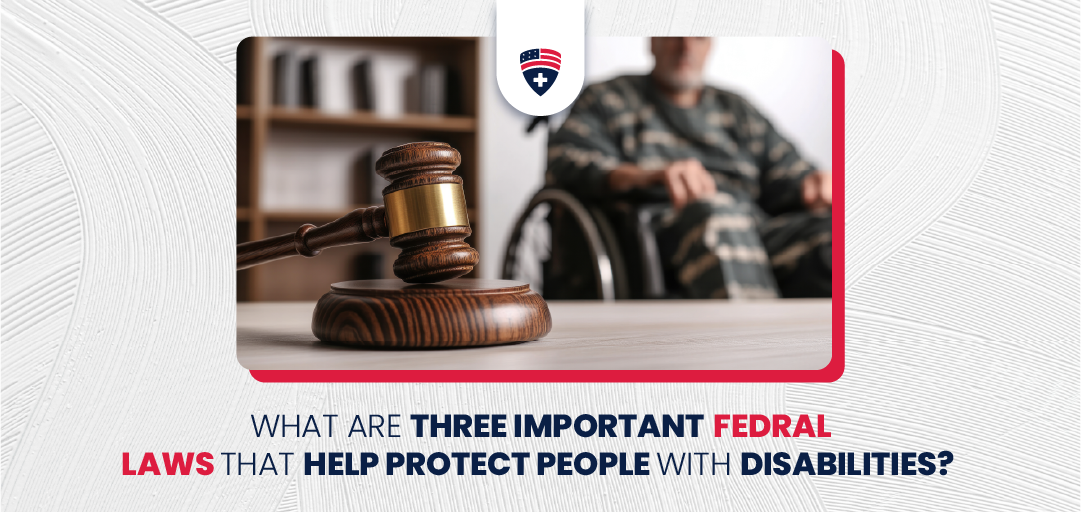
Which Situations Are Indicators of Potential Fraud, Waste, and Abuse?
Fraud, waste, and abuse (FWA) in healthcare are pervasive issues with significant financial and human impacts.
Healthcare fraud alone costs the United States billions of dollars annually. These costs often increase insurance premiums and taxes. It may also lower the standard of patient care.
Healthcare professionals, such as providers, insurers, regulators, and patients, must indicate signs of potential FWA. It helps protect resources and uphold honesty in medical practice.
At American Healthcare Compliance (AHC), we offer to combat fraud, waste, and abuse training.
Our program updates healthcare professionals on the latest strategies. Contact us for more information.
But which situations are indicators of potential fraud, waste, and abuse?
Now we discuss indicators and examples of fraud, waste, and abuse, let’s find out.
Define Fraud, Waste, and Abuse
Before discussing the indicators, it is important to differentiate between fraud, waste, and abuse:
Fraud
It involves intentional misrepresentation to get benefits or money. Examples include billing for unprovided services or faking diagnoses to justify unnecessary tests.
Waste
Waste includes any misuse of resources, meaning using more than needed, which adds unnecessary costs, for example, ordering too many tests that are not required.
Abuse
It involves doing things that are not right, even if they are not done purposefully. Examples include giving unnecessary treatments or misusing billing codes.
Knowing the fraud, waste, and abuse definition is crucial for identifying each type of misconduct.
Indicators and Examples of Fraud, Waste, and Abuse
Fraud, waste, and abuse (FWA) are big problems in healthcare. They can raise expenses, lower care quality, and even harm patients.
Understanding the indicators and fraud, waste, and abuse examples is vital for identifying and preventing these issues.
Fraud Indicators
- Billing for Services: Charges for procedures or services not given.
- Upcoding: Billing for a higher price and service than was offered.
- Unbundling: Separating a service into parts to bill more than the single service cost.
- False Diagnosis: Providing an incorrect diagnosis to justify tests, surgeries, or other procedures.
- Duplicate Claims: Submitting multiple claims for the same service.
Examples of Fraud
- A medical professional was charged for surgery that was not done.
- A clinic bills for separate tests when a full-panel test is done.
- A doctor sends in claims for multiple visits for one patient visit.
Waste Indicators
- Excessive Testing: More tests were ordered than needed.
- Unneeded Brand Name Drugs: Brand names prescribed when generic could be used.
- Unneeded Procedures: Doing surgeries or treatments when not clinically required.
- Inefficient Service: Delays and repeated steps in care.
Examples of Waste
- A doctor orders multiple tests when one would be enough.
- A hospital often uses brand names without looking at generic options.
- More follow-up visits are given to patients than needed.
Abuse Indicators
- Overpricing Services: High charges for provided services.
- Wrong Billing Methods: Constant coding and billing mistakes that lead to more pay.
- Providing Unneeded Medical Services: Giving services is optional for patient care.
Examples of Abuse
- Medical professionals always use the highest billing codes, regardless of service difficulty.
- A place regularly bills for more intense services than provided.
- Unneeded physical therapy sessions are routinely given to patients who do not need them.
Fraud, Waste, and Abuse Laws
Physicians must understand the significance of several key Federal FWA laws. These include:
- False Claims Act (FCA)
- Anti-Kickback Statute (AKS)
- Physician Self-Referral Law (Stark law)
- Exclusion Authorities
- Civil Monetary Penalties Law (CMPL)
Agencies like the Justice Department and the Health & Human Services Inspector General’s Office (OIG) have an important role. They ensure that laws are applied correctly.
It is crucial to know and follow these laws. Doing so keeps you on the right ethical path. If not, things can go south.
You could face charges, big fines, no longer being part of Federal health plans, or even lose your medical license.
What Are Some of the Penalties for Violating FWA Laws?
Penalties for violating FWA laws can seriously damage things. You could end up owing a lot of money in fines or even going to jail for a long time.
If you are caught doing something wrong, you may not be allowed to be part of government healthcare programs anymore, and you could get sued.
It is serious trouble that could ruin your career if you are a healthcare worker.
Ways to Report Potential Fraud, Waste, and Abuse
Here are various ways to report potential fraud, waste, and abuse:
- Use FWA reporting hotlines provided by organizations or government agencies.
- Use the official sites of these organizations to make your reports.
- Email the details to specially assigned emails to report fraudulent activities.
- Write complaints and post them to the right governing bodies.
- Report directly to the supervisors or compliance officers.
- Make use of systems to report without your name or third-party services.
How Can You Prevent Fraud, Waste, and Abuse?
It would help if you had a strong plan for fraud waste and abuse prevention. This plan should involve close monitoring, solid internal checks, and an honest work environment.
Enforcing clear guidelines for financial transactions, procurement, and data security reduces fraud potential. Regular checks and reviews help to identify any mistakes quickly.
Immediate action is needed. Training programs and clear reporting can also promote responsible behavior among workers.
Cooperating with law enforcement agencies can also help find and punish fraud, waste, and abuse.
Truly, a fast and complete plan is needed to protect against these dangers and maintain trust and belief inside the organization and in the wider society.
Conclusion
Fraud, waste, and abuse in healthcare are significant issues that can have serious consequences. It is crucial to recognize indicators of these problems.
For instance, billing for services not provided or overpricing services are examples of fraud, waste, and abuse.
Breaking laws related to these issues can result in severe penalties, such as fines or job loss. Sharing any suspicious activities is vital, and one can do it without revealing one’s identity.
To combat fraud, waste, and abuse, we must be vigilant, adhere to regulations, and foster a culture of honesty.
AHC offers easy online training to help your team follow the FWA Compliance process.
Our courses simplify things so your team can work well and avoid problems. Contact us to learn how we can keep your team on track.
FAQs
What is the difference between fraud and abuse?
Fraud is intentional deception for personal gain, while abuse is the misuse of something, often resulting in harm.
Intentionally misrepresenting a situation is a form of what?
Intentionally misrepresenting a situation is a form of fraud.
Which of the following is an example of fraud?
- Accidentally billing a patient twice for the same service.
- Intentionally billing for services not provided.
An example of fraud is intentionally billing for services not provided.
Unintentionally misusing money or resources is an example of what?
Unintentionally misusing money or resources is an example of wastefulness.






